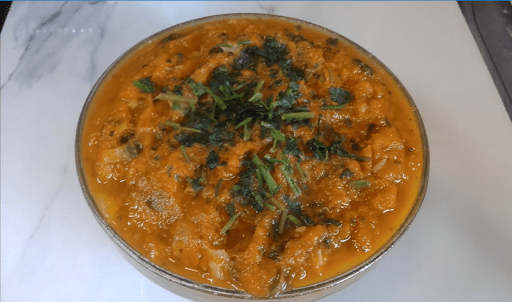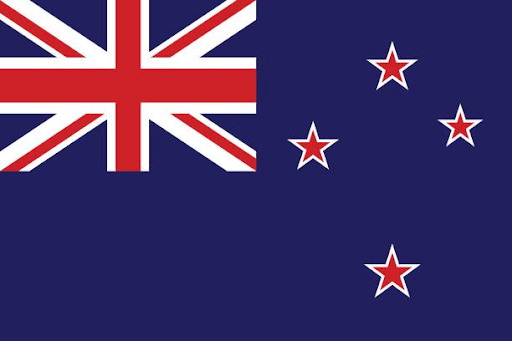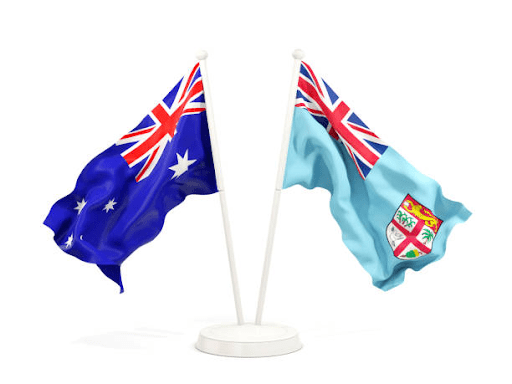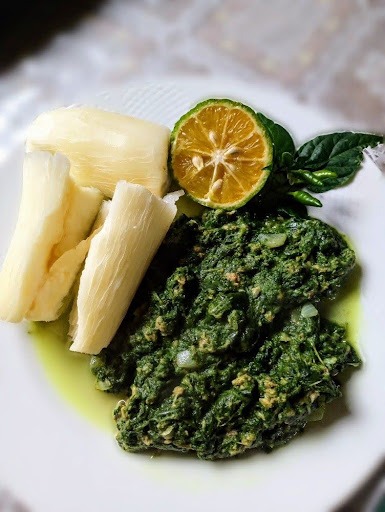10 must-know basic etiquettes about Fiji
Like any other culture in the world, Fiji is rich in customs and traditions, and its people are one of the proudest. Similarly, like the rest of these culturally rich groups of the world, Fiji has also had its fair share of colonialism and external influences from other cultures from the region and far-off lands like India. Fiji and its rich colonial history deserve an entire article of its own but for the time being, let’s get into the country’s basic etiquette instead.
1. “Jilou” or “Tulou” (too-low), Ronald Gatty’s Fijian dictionary, which is exceptionally helpful by the way (soft copy is freely available online), describes the word as a Fijian form of excuse me. Still, one cannot freely express this as a form of pardoning. Instead, it is only used when one passes closely by, behind or in front of someone. When saying this you are expected to walk in a slightly bent forward position with your head tilted downwards and, if better, your hands resting by the side or together behind your back. Tulou can only be used when reaching above someone; for instance, you say Tulou to show respect that you’re grabbing something from a shelf above the person’s head. Funnily enough, a children’s tale shares a debacle behind the origins of this word. The story goes that a white man, most probably a sailor or a beachcomber, complained that the door to a Fijian bure (mbu-reh: house) was too low, which it usually always is. Hence Fijians, fascinated by this, adopted it under the assumption that it was a gesture of respect.
2. It is common knowledge that the head is considered sacred in the indigenous Fijian community and while this is true, let us dig deeper into why this is so. The head, for Fijians in pre-contact times, was the only acknowledged part of the body and this was because it was seen as being closer to the ancestral heavenly realm than the rest of the body. The most infamous and unfortunate example of this was that of Rev. Thomas Baker who was the only missionary to die and suffer cannibalism in the highlands after removing a comb off a Chief’s hair. Although, academics have always debated the real nature surrounding his death.
3. In consideration of the sanctity associated with the human head, Fijians consider it extremely disrespectful when the head is covered in a communal setting. Hence, one will hardly encounter a person wearing a hat inside the house. Likewise, when entering a village or a community, one must remove any hats or accessories adorned on the head and hair, whether headbands or scarves. Chiefly villages like Bau, the island home of Cakobau prohibit with great sternness the use of umbrellas inside the village or lomanikoro and even the village of Viseisei in Vuda disallows the use of some of these including footwear.
4. In the same way that the head is glorified, the feet at the lowest part of the body are considered lowly and earthly. Thus, when entering a Fijian household, one must remove their shoes outside and wipe their feet at the doormat. It is considered very disrespectful if one does not remove their shoes while in the house.
5. Accordingly, when visiting a house, whether family or acquaintance, one must note that the front door is always reserved for the ‘head of the house’. Before entering a house, make sure to always find a second entrance, a door to the back and use that instead. If the owner of the house allows the use of the front door, then you may do so, if they don’t, then refrain from doing so, although an inhospitable host is quite rare in Fiji.
6. Similarly, once inside a house, sitting on the floor is the norm even when couches and chairs are available. If otherwise told to do so, one can use it, but if the majority are seated on the floor, one should join the others on the floor, sitting cross-legged. However, it is completely normal for elders to sit or remain seated on chairs and couches; however younger people are expected to sit on the floor.
7. Fiji is still a very laid-back cultural society where a sense of community is very much alive. So, the sounds of “Yadra” (Good morning) and “Bula” or “Bula Vinaka” (Hello) should never be new to one’s ears. When entering stores or shops, always expect a greeting and if better, a response would be well received as well.
8. Fiji and Christianity have had a long and interesting history, in fact every village you enter will always have a church and a community hall. A village without one or both warrants suspicions from others, especially fellow Fijians. So, one shouldn’t be surprised when a prayer is needed either to bless the food or hearing a prayer before starting an event like a bose (meeting) or a communal/religious gathering.
9. Likely with greetings, one should never be surprised with these other few phrases, “Mai vakasigalevu/kana” (My-e va-ka-see-nga-le-vu/ ka-na: come and eat) or “Mai Vakacegu/cegu” (My-e va-ka-they-ngu: come and rest). These two phrases mean well and are usually said in good faith when one sees another toiling away in a day’s heat, and for Fiji we all know the hot and humid weather can be unbearable at times.
10. This last bit might be an important one for the ladies, as unnecessary as it may be, particularly in the rise of today’s rights for women, Fiji is still an immensely conservative and patriarchal society, so dressing modestly is expected of women. A simple sarong or sulu-vaka-taga (su-loo-va-ka-to-nga), as it is referred to in Fiji is acceptable to wear when entering a village, and even a skirt wouldn’t be bad either. Anything that isn’t pants-like or revealing such as a vest or tank top also wouldn’t be suitable.
With these 10 basic Fijian etiquettes, you cannot go wrong when visiting Fiji. All these facts are for knowledge, but when in Fiji don’t be afraid to inquire about certain etiquettes because etiquettes of different provinces, tikina’s (districts) and villages vary. Some may be more lenient in practising these etiquettes while other places are harsher.












